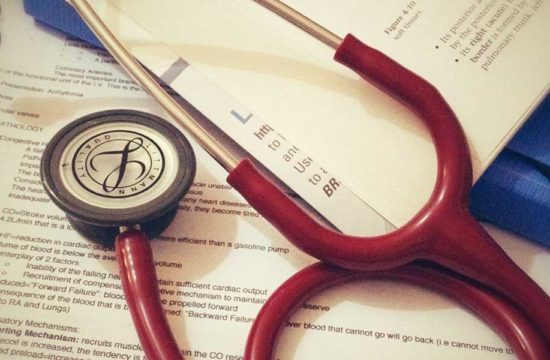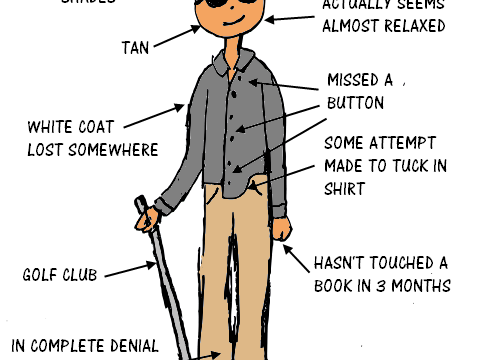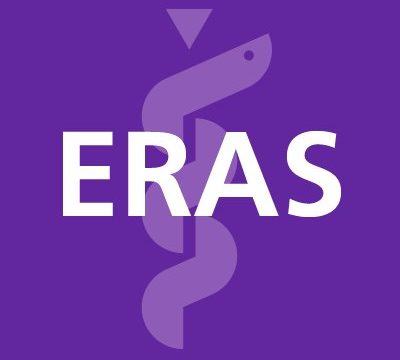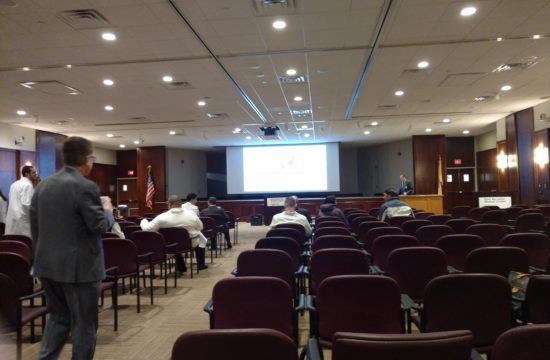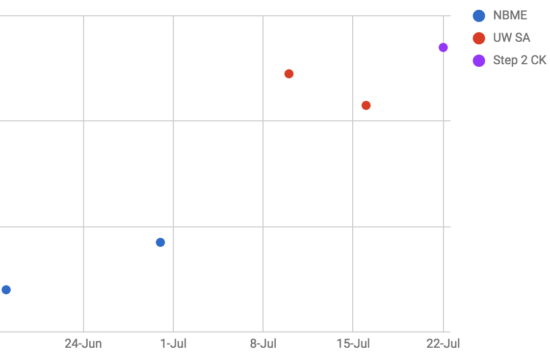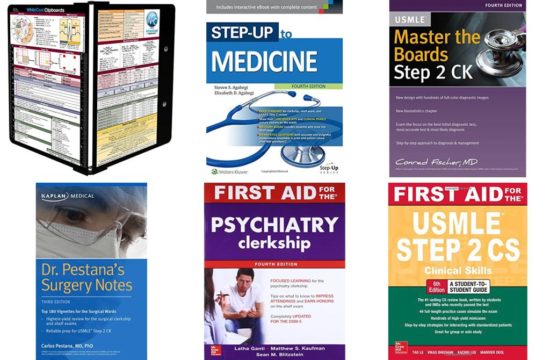Step 2 CS never really worried me until I had friends who failed it. And as of recently, it feels like the number of people failing CS is increasing, not because more people don’t know how to speak english but rather because it’s actually becoming a difficult exam.
I’’m sure you all know what the CS is by now so let me just break down the study process and experience.
I used First Aid Step 2 CS as my primary and only resource.
Kaplan has a course or session rather that simulates the CS day from start to end. Most of my friends actually did the course however I did not. As an event photographer, I’m used to being in new spaces and quickly adapting. Being in unfamiliar spaces and quickly figuring everything out does not scare me or cause my excessive anxiety. Besides the familiarity of the layout, I did not feel this course would add much benefit to me and I will break down things I did to compensate for not taking the course.
Preparation for exam day
Using First Aid Step 2 CS, I paired up with 1 friend who I reviewed all the content with (the first half of the book).
For the cases in the back, I would have 2-3 of my friends act as the patient while I acted as the physician role. For each of my friends I would run through all the cases with them with independent feedback. It’s important to get more than 1 friend and ideally one you are super close with and one you are not close with to get real feedback and then also make sure your closer friend isn’t holding back things that they think might hurt your feelings. You want real yet useful feedback on your patient interactions.
Also, I did most of these sessions via video chat and timed each encounter appropriately to allow for about 5 minutes on the end for physical and closing. In doing so, I obviously did not get a lot of time practicing physical exams. To adjust for that, I made sure during my time at the hospital during rotations, I would find patients and unsuspecting to them, practice full systems maybe not all on one patient or else they’d think you were obsessively crazy, but over the course of the day, I’d see maybe 4 patients and practice, cardio, pulm, MSK and abdominal. I would practice neuro exams in between lectures or rounds with fellow classmates.
Once I completed these cases through at least once or twice completely, I would again go back through the cases one more time with a friend except this time in person and act through every motion. By this time my conversation was a lot more targeted and thorough and I would also be able to see how long my full encounters actually were.
Approach to a case
Read the prompt / CC on the door
Think of 3-5 differentials before you even walk in, write them in the top right corner
Write your template. HPI, PMHx, FH etc
Knock and go in.
As you take the history, realize that the CS is set up to rule out differentials so look at your list and start asking specific questions to rule in or out those ddx. Once you hone in on one, remember to ask the key questions specific to each diagnosis. If you forget you can always ask later as you remember them. Just remember to transition your conversation appropriately.
Physical exam
The exams were for the most part normal but you will actually see or hear things that aren’t so don’t act too surprised. Just remember to note it appropriately.
Writing the note
I practiced typing timed notes using a web template. To be completely honest, I only practiced these full notes on a handful of the cases. Some people’s limitation ends up being typing speed. I type a little quicker than most so this wasn’t a problem and therefore I could compensate my thinking time with typing speed however for a lot of people if you stop to think you won’t finish the note. For this, I recommend practice typing the note or even a template of the notes. After a few runs, you do gain muscle memory and you can crank out a mini template for yourself, especially the physical exam findings when most of the time things are normal.
I would suggest reading through the non academic parts of First Aid CS. There is a lot of good advice in there for test taking and strategies.
Also, I did have fairly lengthy debriefing sessions with people that did Kaplan and studying with someone who took the course does help. I do not feel Kaplan is necessary, as I did fine without it, however it does sound like it is a great resource if you are at all anxious about the exam as a whole.

